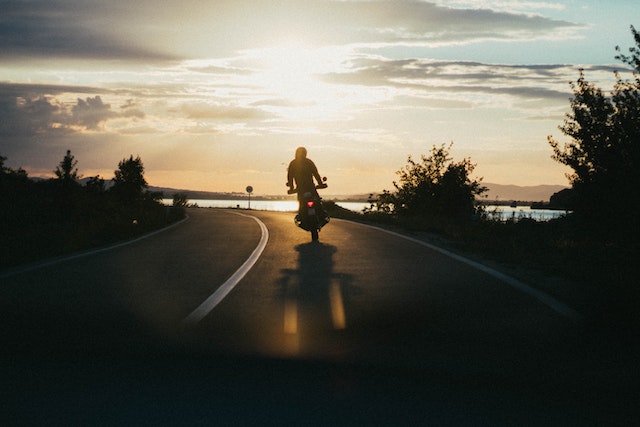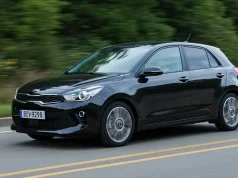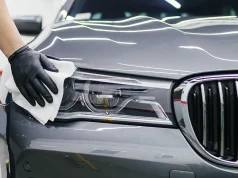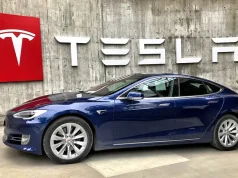
There are a lot of adventure motorcycles on the market now, and the ones that were already available have gotten a lot better. This has made long-distance cross-country touring a common thing to do. If you are planning one of those once-in-a-lifetime trips take motorcycle insurance first.
Here are a few do’s and don’ts you should know about before you leave.
Wear a helmet at all times.
Most people who ride motorcycles all the time don’t leave their homes without a helmet, but the small mistakes they make on the road without meaning to are just unimaginable. Don’t think you don’t need a motorcycle helmet just because you’re only going a half-kilometer to the store to buy water for the camp or some groceries. You should always wear your motorcycle helmet because you never know when something bad might happen.
Only ride if you can pay full attention.
When people first start riding motorcycles, one of the most common mistakes is riding even when they need to pay attention fully. There could be more than one reason why you can’t concentrate. One reason could be that they drink too much. The second reason could be that he doesn’t get enough rest at night. The third reason could be health problems like a stomach infection, fever, or something else. The most important thing to remember when you’re on the road is that you’re alone, and if you get into trouble, there might not be anyone around to help you. Because of this, you need all of your senses to be at their best, so you don’t make a mistake that you could have easily avoided if you had been fully focused on the road.
Always pre-ride check
Many things could go wrong when you spend the night in a rural area after riding for a long time. Our riders have had wild animals chew on their brake cables or knock them off their bikes at night, and they didn’t notice the damage until they were on the highway a long time later. This is why you should always do a pre-ride check before you throw your leg across the seat. Check the fuel level and take a quick look at all the mechanical parts to ensure they are all in good shape. Take motorcycle insurance as well to avoid any mishap.
Make sure to leave your bike or luggage in sight.
Make sure to leave your luggage and motorcycle gear outside when you stop for the night. If you do, you could lose them or steal them. When you are driving, the last thing you want is for that to happen. Not only does that mean you have to spend a lot of money to get new ones, but sometimes more money is needed to fix the problem.
Don’t get important information from just one place.
Instead of asking strangers for directions, you should always have a GPS device. Talking to strangers is a good idea, but you can only sometimes trust what they tell you. For one, they might not know themselves, and for another, you never know when you might meet a bad person.
Always have more than one way to communicate.
Don’t rely on just one way to talk when you’re on a long trip across the country. It is a good idea to have a dual SIM phone with multiple connections so that you always have options, even if one of the mobile networks doesn’t work in the area you are riding through.
Backup power is a must.
Our lives revolve around electronics and gadgets. Even on the road, you will need your cell phone to use the GPS to get directions and call people back home to let them know how you are doing. You might run out of power on your cell phone sometimes, especially if you’ve used the GPS feature, which uses much power.
Know where man and machine can’t go
Most new riders overestimate how much their motorcycles can do and push them past their best operating capacity. Many things could happen if you do that. Plan your trip well in advance by doing exact time and distance calculations so you know how long it will take you to drive a certain stretch of road, even if you must stop for a meal or a security check at a state border.





